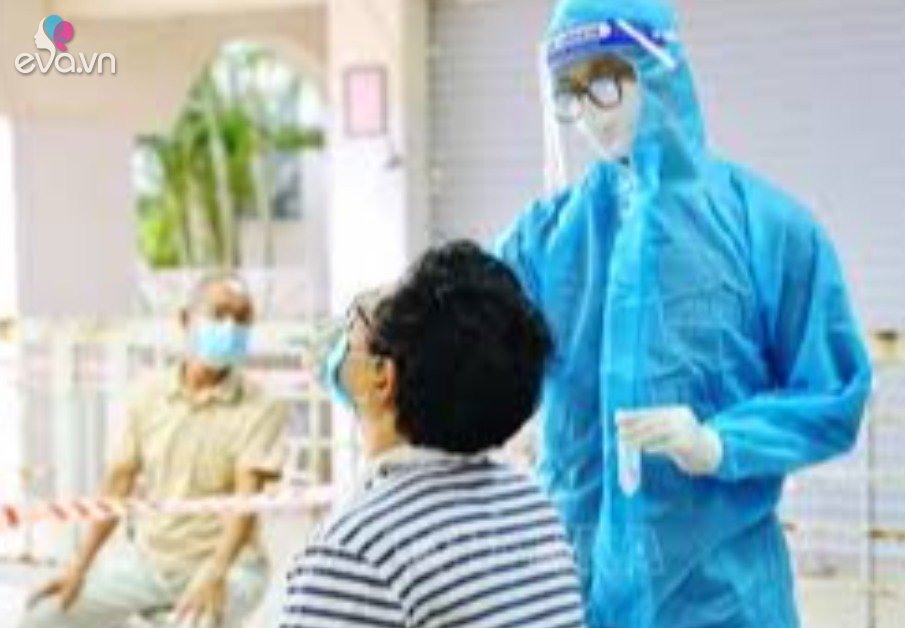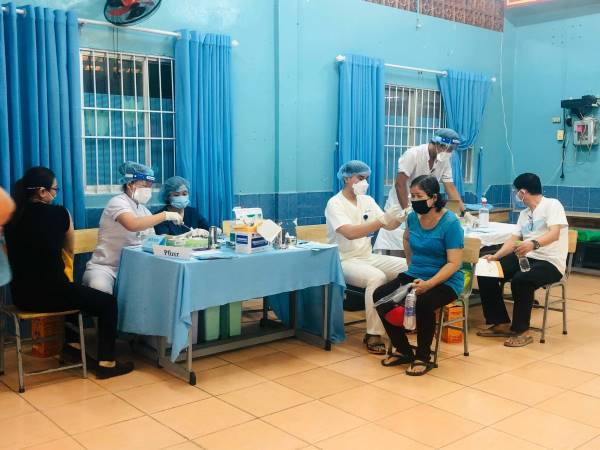What are the chances of getting pregnant after the age of 35?
A woman’s fertility declines after the age of 35, but pregnancy is not impossible with early diagnosis and appropriate treatment.
Research has proven that conceiving naturally is often more difficult after a certain age. However, there is still much debate as to whether 35 is the “cut-off” age for fertility.
The decision to use age 35 as the threshold for “older” or high-risk pregnancy was not initially strongly related to age. Because the risk of Down syndrome increases with maternal age, experts have introduced a test called amniocentesis for pregnant women aged 35 and on. Today, the procedure is made safer, and there are many factors other than age that determine whether an older woman’s pregnancy is considered high risk.
In fact, getting pregnant after the age of 35 is not impossible. Data from the Centers for Disease Control and Prevention’s (CDC) National Statistics Report shows that in 2018, the birth rate for women aged 35 to 39 was 52.6 births per 1,000 women and 11 births per 1,000 women. 0.8 cases per 1,000 women aged 40 to 44 years. According to the American College of Obstetricians and Gynecologists (ACOG), one in four women in their 20s and 30s will get pregnant in each menstrual cycle. For women over the age of 40, this ratio is only 1 in 10.
The biological reason why getting pregnant in women can be more difficult after a certain age is because the number and quality of eggs declines as the ovaries age. In contrast, men’s testicles can produce 100 million sperm a day throughout their lives.
Research has shown that male fertility also declines with age, but is not as predictable as female fertility. In one year of trying to get pregnant, the chance of conceiving a woman with a male partner aged 40 or older is 30% lower than in a woman with a male partner in her 20s.
Miscarriage rates and birth defects also increase with age for both men and women. A study published in 2019 found that miscarriage rates are so high for women after the age of 30, up to more than 50% for women over 45.
Pregnancy after the age of 35 can also increase the risk of cesarean delivery, gestational diabetes, high blood pressure, pre-eclampsia, premature labor and premature birth.

Fertility decreases with a woman’s age, but getting pregnant after age 35 is not impossible. Image: Mothermag
Early examination for effective treatment
For those who are trying to get pregnant, time is of the essence because age reduces the odds of conception. Experts recommend that women over the age of 35 should not delay seeking help from a doctor if they have not been able to conceive after 6 months of trying. Some people may not conceive on their own within 6 months but still successfully conceive after a year or even 2 years. If you’re over 40, talk to your doctor before you start trying to get pregnant.
Treatment success rates also decrease as a woman ages, so start as soon as possible. If no obvious cause of your fertility problems is found, your doctor may suggest continuing to try to conceive naturally for a few more months, then returning if still unsuccessful. Women may be ordered to have specialized blood tests, ultrasounds, and X-rays, called HSGs. For a man, the doctor may be performing a semen analysis. Once the results of those basic fertility tests are available, your doctor will decide on next steps.
According to the Society for Assisted Reproductive Technology (SART), fertility treatment success rates drop dramatically after the age of 40. The percentage of healthy babies born to women between the ages of 35 and 37 is 42%, and 26.6% for women aged 38 to 40.
CDC data has shown that the percentage of babies born in each IVF cycle to women over 40 is just 5.8%. However, if donor eggs are used, the success rate increases to almost 40%.
When looking at successful pregnancy rates for fertility drugs like Clomid or assisted reproductive procedures like IUI or IVF, not only age but also the cause of infertility plays a role.
Build a healthy lifestyle
Lifestyle changes may not prevent age-related decline in fertility, but they can still affect pregnancy. Eating healthy, breaking fertility habits, and maintaining a healthy weight can help women conceive faster and may even increase the success rate of infertility treatment.
Apply a scientific diet, limit sugar, cut down on alcohol, maintain a reasonable weight (neither underweight nor overweight), reduce caffeine intake, quit smoking. Women who smoke can age eggs faster.
While studies have yet to find a clear link between mind-body therapies like yoga and fertility, these stress-relieving activities are still beneficial for conception.
Mr. Ngoc (According to Verywell Family)
at Blogtuan.info – Source: vnexpress.net – Read the original article here



